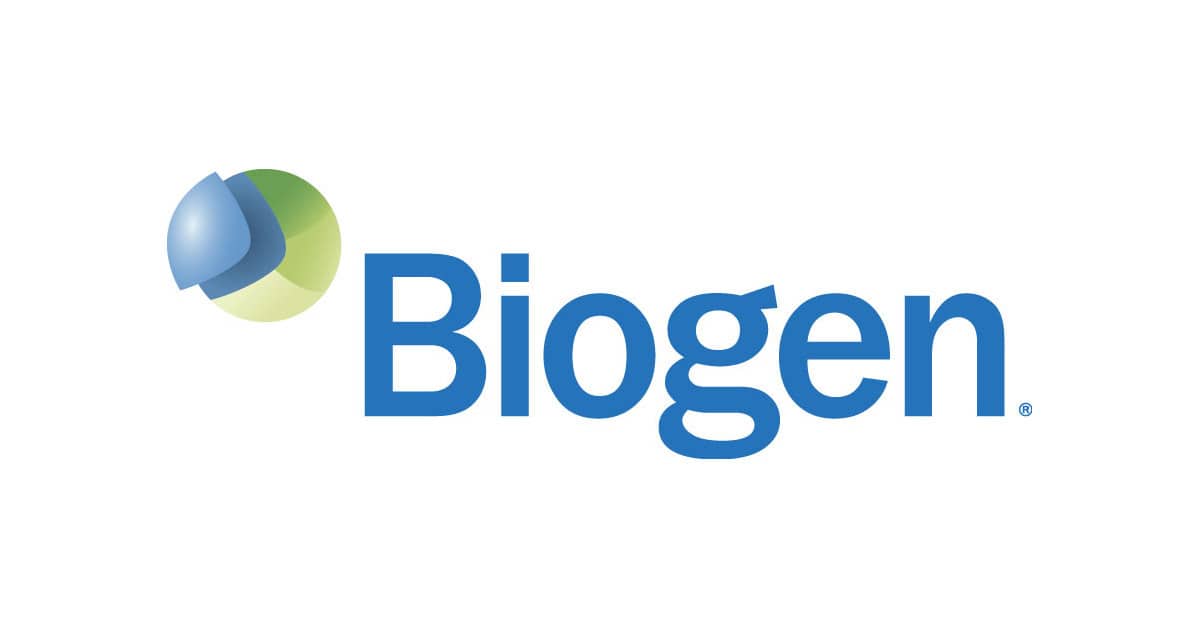
Biogen’s flagship multiple sclerosis franchise has been given a major boost thanks to safety data from its follow-on to blockbuster Tecfidera.
The drug is Biogen’s biggest earner by some way, bringing in around $4.3bn last year, but is losing market share to new multiples sclerosis treatments, such as Novartis’ newly-approved Mayzent.
One of the biggest issues is that these newer treatments don’t cause the gastrointestinal side-effects frequently seen in patients taking Tecfidera.
Now Biogen has unveiled promising results from its head-to-head study of Tecfidera (dimethyl fumarate) versus its tweaked follow-on molecule, diroximel fumarate in the five-week EVOLVE-MS-2 trial.
The trial showed that diroximel fumarate – to be know as Vumerity once approved – showed less than 1% of patients stopping treatment because of GI side-effects, compared to 4.8% in Tecfidera patients on the trial.
Overall discontinuation rates were 1.6% for Vumerity and 6.0% for Tecfidera. However, that’s not to say patients on the new drug were without side-effects: the most common adverse events reported for both treatment groups were flushing, diarrhoea and nausea (32.8%, 15.4% and 14.6% for Vumerity 40.6%, 22.3% and 20.7% for Tecfidra).
An earlier trial, EVOLVE-MS-1, focused on the new drug’s efficacy, which showed it achieved a 72% reduction in the annualised relapse rate at 48 weeks.
Vumerity is being developed by Biogen in partnership with Alkermes, and is already filed with the FDA, with a decision due in Q4 of 2019.
The strength of Vumerity’s safety and efficacy profile is of great importance to Biogen, not just because of new competitors in MS, but because of a patent challenge to Tecfidera.
A challenge by Mylan is due in a US court next year, which if successful, could see a generic version hit the US market as soon as the end of 2020 or early 2021.
Biogen had been hoping to lessen its reliance on its MS franchise by developing aducanumab for Alzheimer’s, but the high-risk programme failed in March this year, sending the price of it and development partner Eisai plummeting.
At the same time, analysts aren’t convinced that Biogen will be able to transfer patients from its established product to Vumerity, as analysts believe patients who are stable on Tecfidera will be unwilling to switch.
Consensus estimates compiled by EvaluatePharma forecast sales of Vumerity at a modest $111m in 2024.




